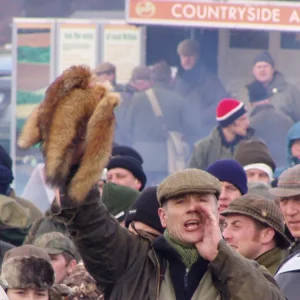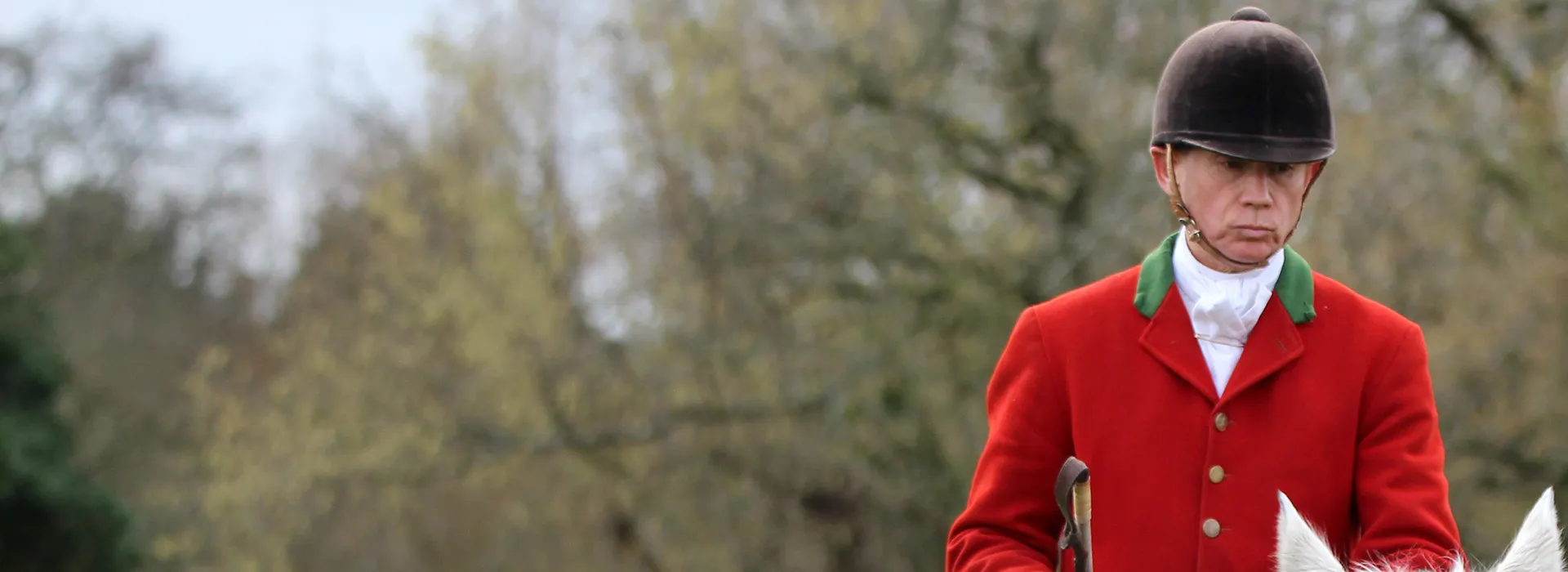As revealed in the Observer (6 February 2000), the Government was last night accused of a ‘stitch-up’ over its election pledge to ban hunting as opponents of blood sports expressed anger and astonishment that members of the Government’s ‘independent’ committee to gauge the impact of outlawing hunting have close links with pro-hunting bodies.
The Observer has discovered that:
Professor Michael Winter went on hunts as a child and has as an adult;
Lord Soulsby of Swaffham Prior offered his services ‘free’ to the British Field Sports Society, where he tried to counter an academic study showing cruelty suffered by deer being hunted;
Sir John Marsh is governor of the Royal Agricultural College, which owns a beagle hunt;
Winter, Soulsby and Marsh have attended meetings run by the pro-hunting Countryside Alliance and accepted their hospitality.
Another member, Victoria Edwards, also has close links with the Royal Agricultural College.
One Whitehall source says the committee’s make-up has led to a furious row within the Home Office, with one Minister blaming civil servants for the appointments.
The committee chairman, Lord Burns, a former Treasury permanent secretary, was appointed by Straw.
Anti-hunt campaigners are particularly concerned about the role of Lord Soulsby, a vet who, it has emerged, helped counter evidence that stag hunting was cruel.
Marsh is exposed as a governor of the Royal Agricultural College in Cirencester, Gloucestershire, whose students are automatically billed for joining its hunt.
Both Marsh and fellow committee member Winter – who has described deer hunting as a rural institution – attended recent meetings of the Standing Conference.
This pro-blood sports think-tank helped devise the study, commissioned by the British Field Sports Society, which concluded 16,000 jobs would be lost if fox hunting was banned. This statistic is used by the Countryside Alliance to lobby against a hunting ban and investigating its veracity forms a crucial part of the work of the Government’s committee.



